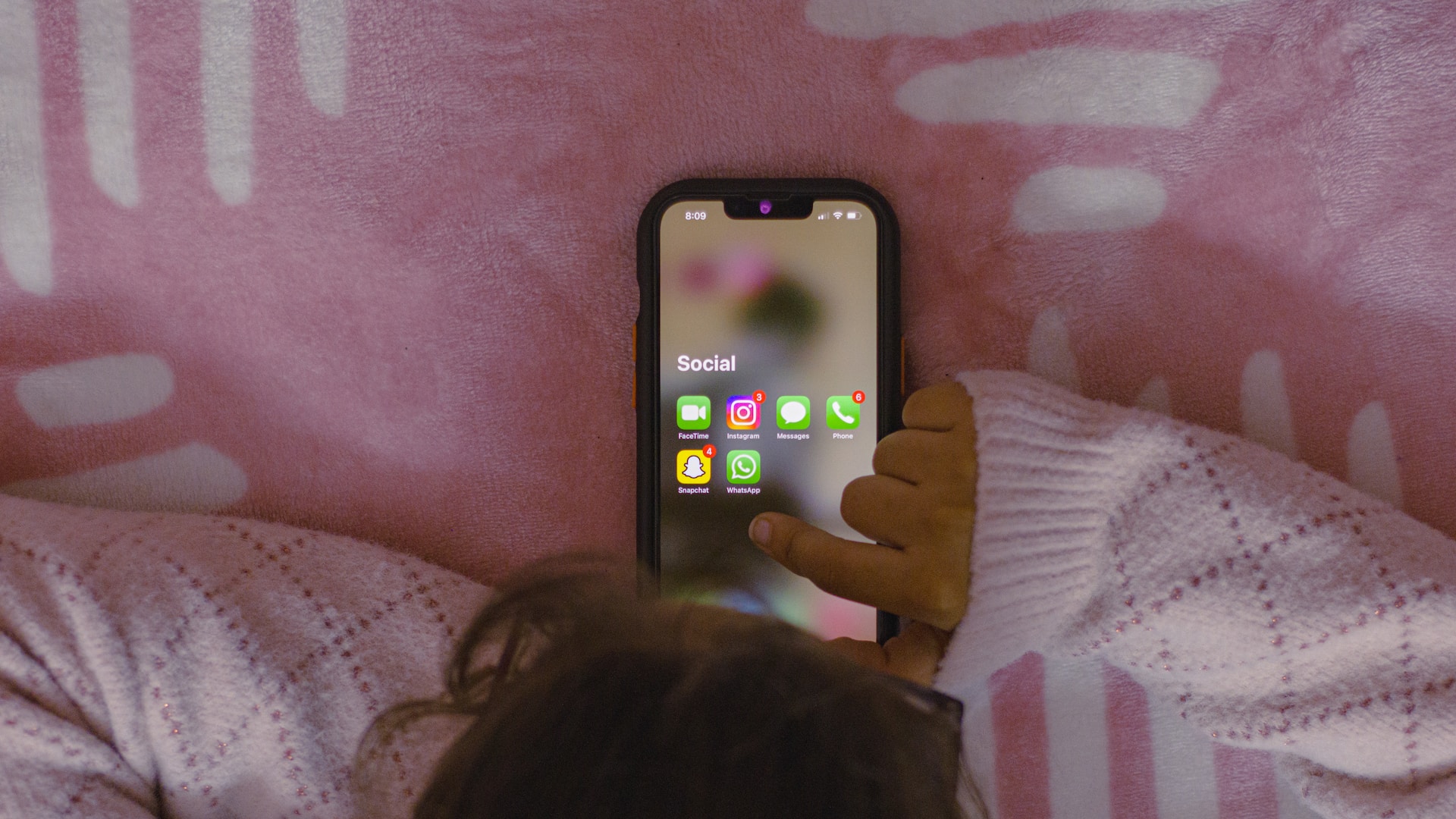Reaction: Study says time spent on social media is one of the least influential factors in adolescent mental health
The time adolescents spend on social media is one of the least influential factors for their mental health, according to a study published in Nature Mental Health. The analysis attempts to untangle the complex web of risk factors and protective factors, using data from more than 12,000 young people in the UK. Among the factors studied, it concludes that bullying, lack of family support and school work dissatisfaction are more influential than time spent on social media. According to the study, life dissatisfaction and lack of family support are the most influential factors for girls and boys, respectively.

Ignacio Morgado - RRSS adolescentes EN
Ignacio Morgado
Professor Emeritus of Psychobiology at the Autonomous University of Barcelona (UAB) and full member of the Spanish Academy of Psychology
The paper explores how social media use may influence the mental health of 12,041 adolescents in the UK.
Although of some analytical complexity, it is a methodologically sound study, but the authors are right to include the word 'preliminary' in the title. One of the main conclusions concerns the risk of attributing health effects to adolescents' engagement with social media at a time when their brains are still involved in a complex developmental process that may be influenced by many other factors, such as bullying, family support or the quality or type of education young people receive. The authors are well aware of this and express it clearly, which implicitly tells us, as the title of the paper also openly expresses, that we may be overestimating the influence of the use of social media on the mental health of adolescents.
The conclusions of the study are therefore limited, although among the results the different effects that the use of social media can have on girls and boys, i.e. the importance of biological sex, are perhaps noteworthy. Those who are involved in the study of this subject will find in this work some useful information in their search for strong conclusions.
Margarita Panayiotou et al.
- Research article
- Peer reviewed
- Observational study
- People



